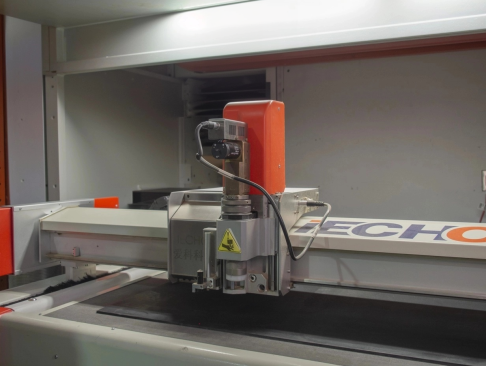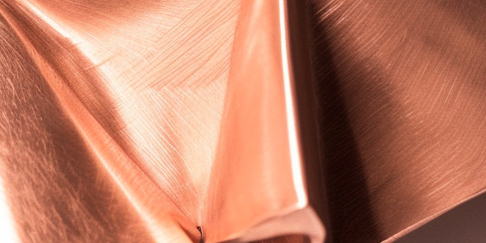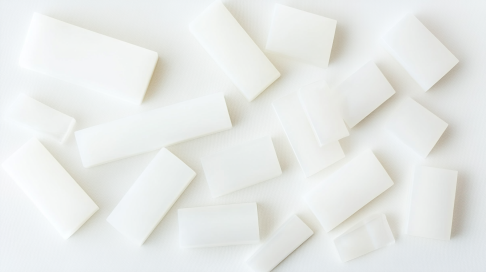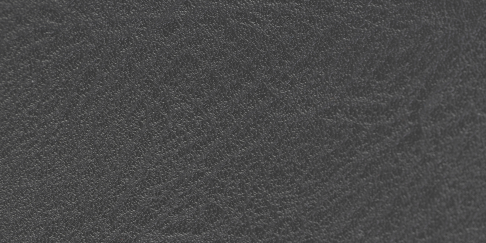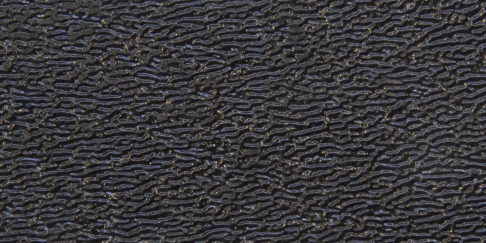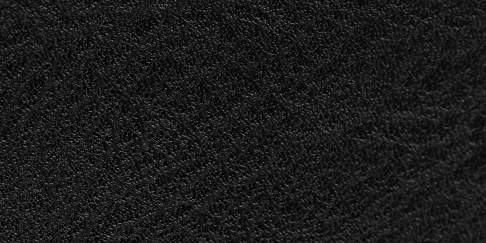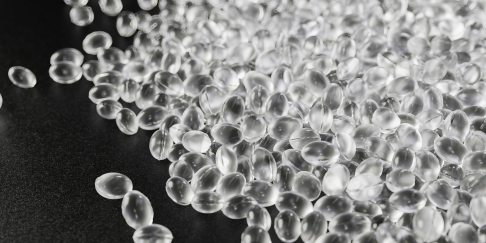Machining subcontractor for over 30 years!
Brass, the versatile and resistant alloy
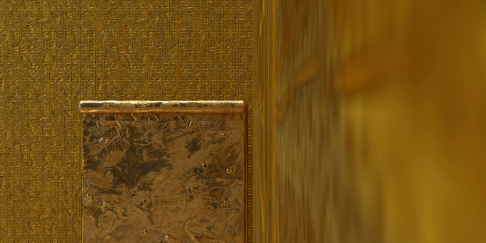
About brass
Brass is an alloy primarily composed of copper and zinc, known for its distinctive golden hue and great versatility. Used since antiquity, it has stood the test of time thanks to its remarkable properties. Its composition may vary, allowing its characteristics to be adjusted according to the desired applications.
At 3D Coupe, we master brass machining to meet your specific needs. Our expertise guarantees high-precision and superior quality parts. Feel free to contact us to discuss your project!
Brass characteristics
Mechanical performance
- Corrosion resistance: Brass offers excellent corrosion resistance, making it ideal for plumbing and marine applications.
- Ductility and malleability: this alloy is both malleable and ductile, making it easier to machine and shape for various complex parts.
Thermal performance
- Thermal conductivity: Brass has good thermal conductivity, making it suitable for applications requiring efficient heat dissipation.
Chemical performance
- Antimicrobial properties: The presence of copper in brass gives it natural antimicrobial properties, limiting the growth of microorganisms on its surface.
Practicality
- Aesthetics: Its golden color gives brass an elegant appearance, valued in decoration and art object manufacturing.
- Recyclability: Brass is fully recyclable without loss of quality, thereby contributing to environmental sustainability.
Uses of brass
Brass is ubiquitous in many sectors due to its versatility. In plumbing, it is commonly used for faucets, valves, and fittings thanks to its corrosion resistance. In music, it is used to manufacture instruments such as trumpets and saxophones, benefiting from its excellent acoustic properties. Moreover, its aesthetics make it a preferred choice for decorative elements like door handles and lighting fixtures.
FAQ and comparisons
What is the difference between brass and bronze?
Brass is an alloy of copper and zinc, whereas bronze is composed of copper and tin. Brass is more malleable and has a golden hue, whereas bronze is harder and has a reddish tone, making it suitable for parts requiring high strength such as bearings and gears.
Is brass corrosion resistant?
Yes, brass offers excellent corrosion resistance, particularly against fresh and saltwater, making it ideal for marine and plumbing applications.
Is brass a good electrical conductor?
Brass has a lower electrical conductivity than pure copper, but it is still sufficiently high for use in certain electrical applications, such as connectors and terminals.
How to maintain brass objects?
To maintain brass, it is recommended to clean it regularly with a soft cloth and appropriate products to prevent tarnishing. A coat of varnish can also protect its surface.
Is brass suitable for food use?
Brass is generally not recommended for prolonged contact with food, especially acidic foods, due to the risk of metal leaching into the food.
We are specialists in brass machining
3D Coupe puts its expertise in brass machining at your service. We manufacture custom parts with high precision and impeccable quality. Contact us to discuss your needs.

We drive our clients’ growth through smart, customized subcontracting partnerships.
